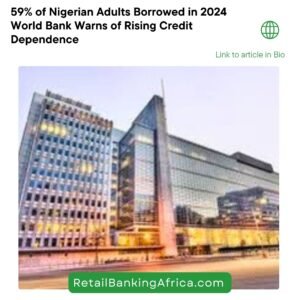In a bold move that could redefine Africa’s global trade trajectory, China has announced it will grant zero-tariff treatment on 100% of tariff lines for all imports from African nations with which it maintains diplomatic relations. This sweeping policy shift, unveiled by President Xi Jinping in a formal letter to African foreign ministers, represents China’s most expansive trade concession to the continent to date.
Previously, such duty-free access was limited to just 33 least-developed African countries. Now, all 53 African nations with official ties to Beijing will benefit—marking a significant elevation in China-Africa relations.
According to China’s Foreign Ministry, the effect is already visible: Chinese exports to Africa surged by 12.4% in the first five months of 2025 alone, totaling 963 billion yuan ($134 billion). Analysts say this policy reaffirms China’s ambition to strengthen trade alliances across Africa, especially amid growing uncertainty surrounding Western agreements like the U.S. African Growth and Opportunity Act (AGOA).
AGOA, once heralded as a key enabler of African trade access to U.S. markets, now faces scrutiny and potential reform. Over 30 African countries risk losing AGOA privileges, as U.S. trade policies shift toward reciprocity and tighter eligibility standards. This makes China’s tariff-free offer even more appealing—a stable alternative in a polarized global trade landscape.
Nigeria, Africa’s largest economy, is actively engaging to harness this opportunity. At the Ministerial Meeting on FOCAC Implementation in Hunan Province, Nigeria’s Foreign Affairs Minister, Yusuf Tuggar, emphasized the need for full inclusion in China’s zero-tariff initiative. He specifically noted Nigeria’s potential to boost exports in agriculture, solid minerals, and manufactured goods under this new framework.
Tuggar also urged deeper China-Africa collaboration in transformative sectors like artificial intelligence and satellite technology, which are increasingly shaping the global economic order. “Africa must not be left behind in the Fourth Industrial Revolution,” he stated.
This policy shift is not just about trade—it is about strategic alignment. As global powerhouses like the U.S. and China reposition, African countries are seizing the moment to diversify trade partnerships, attract investment, and reduce reliance on any single economic bloc.
For Africa, this could mean more than just preferential access. It could signal a new era of industrial growth, value-added exports, and technology partnerships—if implemented strategically.












